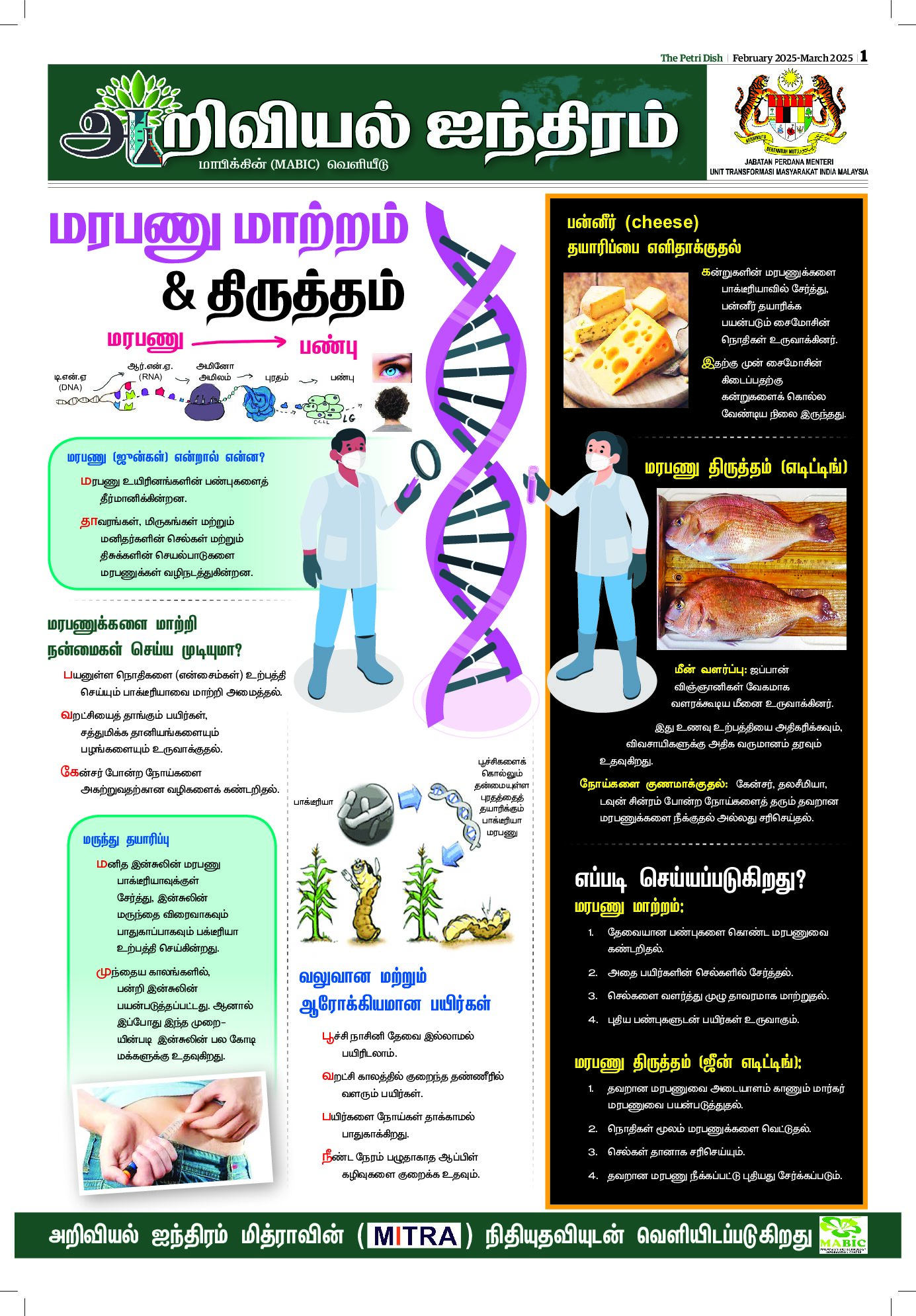SINGAPORE scientists have reached a new milestone in sequencing technology that unravels the mysteries of microbial communities in our food and their profound effects on the human microbiome.
Scientists from AMILI, Southeast Asia’s first and only precision gut microbiome company, have utilised a game-changing methodology in sequencing – which paves the way for an “unbiased” exploration of microbial ecosystems in the human gut.
Known as the shotgun metagenomic sequencing technique, this approach not only identifies taxonomy but also reveals the functional potential of microorganisms, providing a comprehensive understanding of the impact of bacteria on food spoilage and food quality in relation to human health.
In comparison, the commonly used method – 16S amplicon sequencing – while able to quantify bacterial and archaeal species within a community, has limitations in its application.
In a recent food microbiome research, the advantage of short-read shotgun sequencing was harnessed to investigate the effects of millet – a popular and nutritious cereal grain on gut microbial populations.
“The results astoundingly revealed a profound connection between millet consumption and human health,” Clarisse Tay, Project Manager at AMILI, told The Petri Dish.

According to her, certain millet samples were found to encourage the growth of mood-regulating neurotransmitter-producing gut microbes, while simultaneously reducing bacteria linked to cardiovascular disease biomarkers.
“This discovery sheds new light on the intricate relationship between food and the human body, unveiling the potential of specific dietary choices in promoting overall well-being,” she added.
Furthermore, this study emphasised the critical role of sequencing technology in ensuring food safety.
According to Dr Germaine Yong, a Research Scientist at AMILI, microbiome profiling using both short and long-read sequencing techniques were employed to assess microbial populations in millet samples during the experiment.

Yong said: “Long-read sequencing, exemplified by the cutting-edge Oxford Nanopore technology, was instrumental in detecting and characterising elusive pathogens such as Lactobacillus phages, which remained undetectable through traditional sequencing methods.
“This highlights the paramount importance of long-read sequencing in capturing a wider array of pathogens, including viruses, and ensuring the accuracy of food safety assessments,” she added.
In a statement, AMILI explained that the outcome of this study, proves that the landscape of food microbiology continues to evolve, presenting scientists with exciting challenges and opportunities.
It was noted that the choice of sequencing technology is now more pivotal than ever. 16s amplicon sequencing, while cost-effective and efficient, falls short in terms of complete genome assembly and detecting rare biospheres.
Comparatively, long-read sequencing, exemplified by Nanopore sequencing, provides longer DNA fragments from the full metagenome, thus enhancing pathogen detection and diversity characterisation. Despite its lower throughput and higher sequencing cost per nucleotide, its ability to detect a wider range of pathogens, including viruses, positions it, as the preferred choice for cutting-edge food safety studies.
In the study, it was also observed that long-read sequencing is paramount for pathogen detection, while short-read shotgun sequencing remains invaluable for efficiently quantifying populations and identifying specific markers.
Overall, the AMILI study underscores the complementary roles of short and long-read shotgun sequencing in food microbiology.
“As we navigate the dynamic landscape of food safety and quality, understanding the strengths and limitations of these methodologies is critical. Together, these scientific advancements pave the way for a future where food safety and quality are ensured, fostering healthier lives for all,” AMILI added.

















